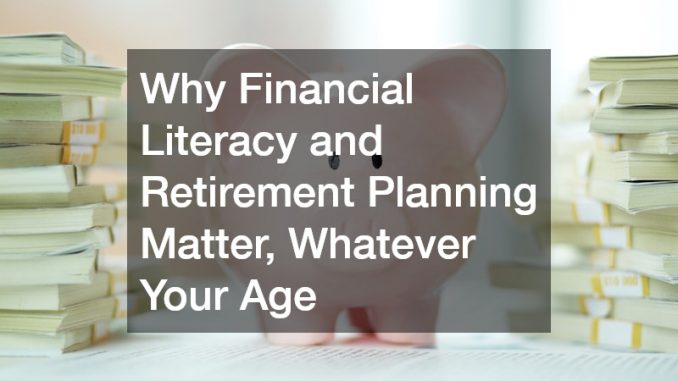

No matter where you are in your career arc, your eventual retirement should always have a place in your financial decisions. If you don’t begin planning for your retirement early, you will regret it. Most people don’t know enough about retirement savings options, so you might start by talking to your banker or a financial planner. Although you may have heard of annuities, it’s essential to understand the differences between fixed and hybrid annuities.
According to Investopedia, hybrid and fixed annuities differ in their strategies, although both attempt to build future income for investors. The same website gives additional annuity insights. While a fixed annuity is intended to guarantee accumulated interest on an investor’s funds, a hybrid annuity combines that stability with components that use speculative investment of some of your funds. Hybrids offer a possibility of greater reward – but they also have a possibility of partial loss.

Annuity investors may want to know the total amount in their annuity fund throughout the annuity term. This total amount is called the accumulation value. Knowing this value may help you decide whether to file your annuity claims before the end date of the investment term.
Planning for retirement is an essential part of financial literacy. Unfortunately, many people seem to have missed out on that portion of their education. Studies show that the majority of Americans lack enough savings to meet emergency needs. The good news is that it’s never too late to start savings whether you’re a 30-something starting to save for your future, or over 55 and nearing retirement. An experienced financial advisor can help you figure out your savings goals and the best possible investment plans for your money.
Financial literacy and retirement planning
It’s a sad fact that the majority of Americans have virtually no savings. According to data from the Associated Press-NORC Center for Public Affairs Research, two-thirds of the adult population would be hard pressed to find a thousand dollars for an emergency. This backed by research from the FINRA’s National Financial Capability Study, which shows that less than half, or just 46% of all Americans have money saved in a rainy day fund.
To a very large extent, the lack of savings is due to lack of planning and financial literacy. According to the National Endowment for Financial Literacy, only 24% or less than one in four Millennials have basic financial literacy. By and large, people are simply not aware of the need to save for their retirement, and expect that Social Security will cover their expenses.
Why you can’t rely on Social Security
Retirement planning is a basic part of financial literacy, and can help people figure out how they are going to meet their expenses after they stop working. Many people expect that they can just rely on Social Security, but that’s because they haven’t factored in costs like healthcare, which becomes even more important in later life. As of 2018, the average monthly Social Security payment was $1404.
A survey found that in 2018, nearly a third, or 30% of workers surveyed were unsure that they could pay for medical costs after retirement. And another study found that over one fifth, or 22% of those surveyed felt that their biggest mistake was to not have done their financial planning for retirement and saved money when they had the chance.
It’s not too late to start saving
The good news is that even if you’re one of those who haven’t been saving for retirement, it’s not too late to start. The starting point can be a consultation with a financial advisor to figure out how much you can save each month, and the best investment plans for your money.
Depending on your age, your financial goals and investment portfolios will vary. Experienced financial advisors can offer the best advice on saving and investing at every stage of your life.
Retirement planning is a essential part of financial literacy. Even if you haven’t been able to save for one reason or another, financial advisors can help you take a clear-eyed look at your finances to figure out how to start. Financial planners can help you to devise a suitable investment plan for your money.